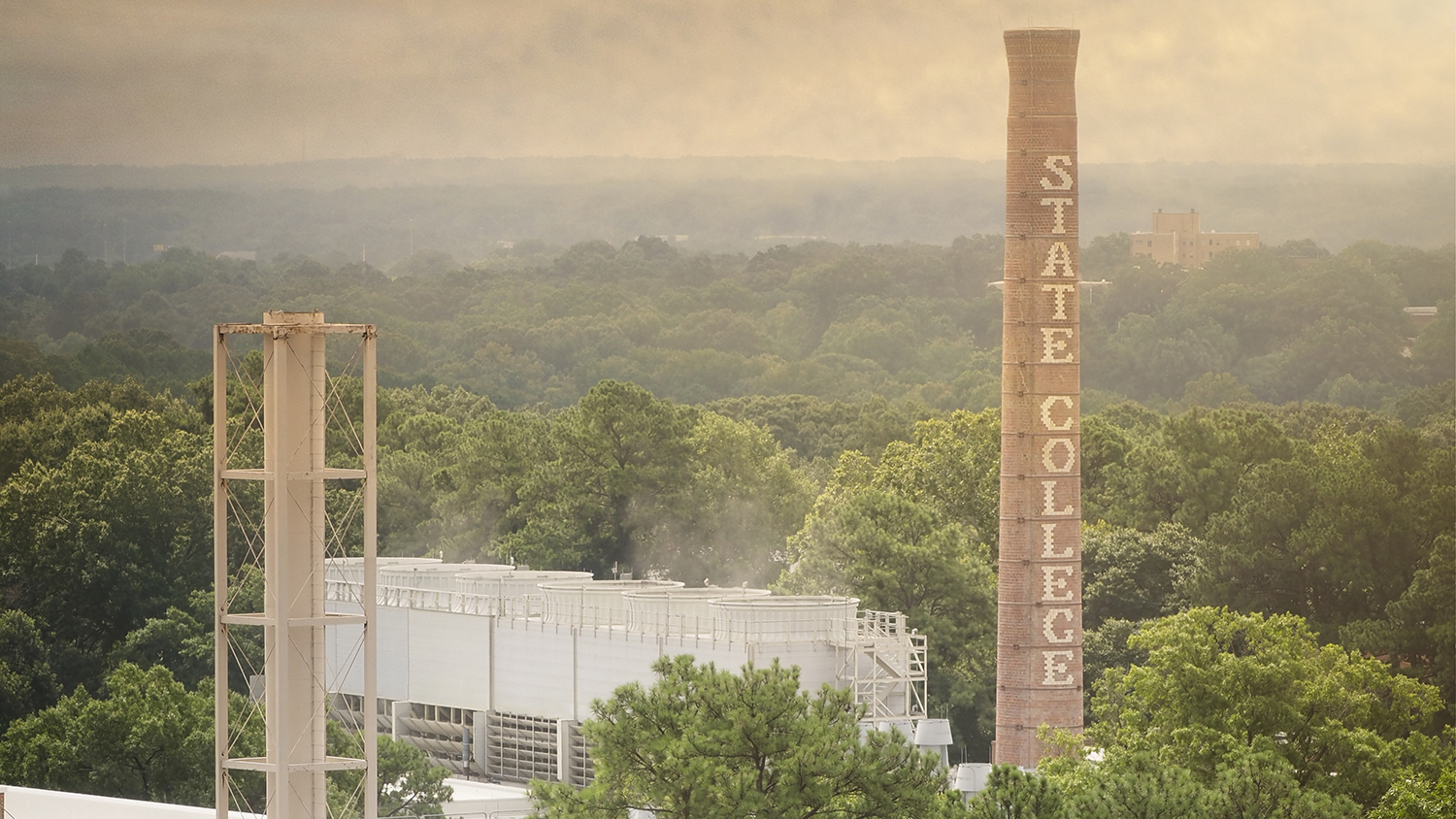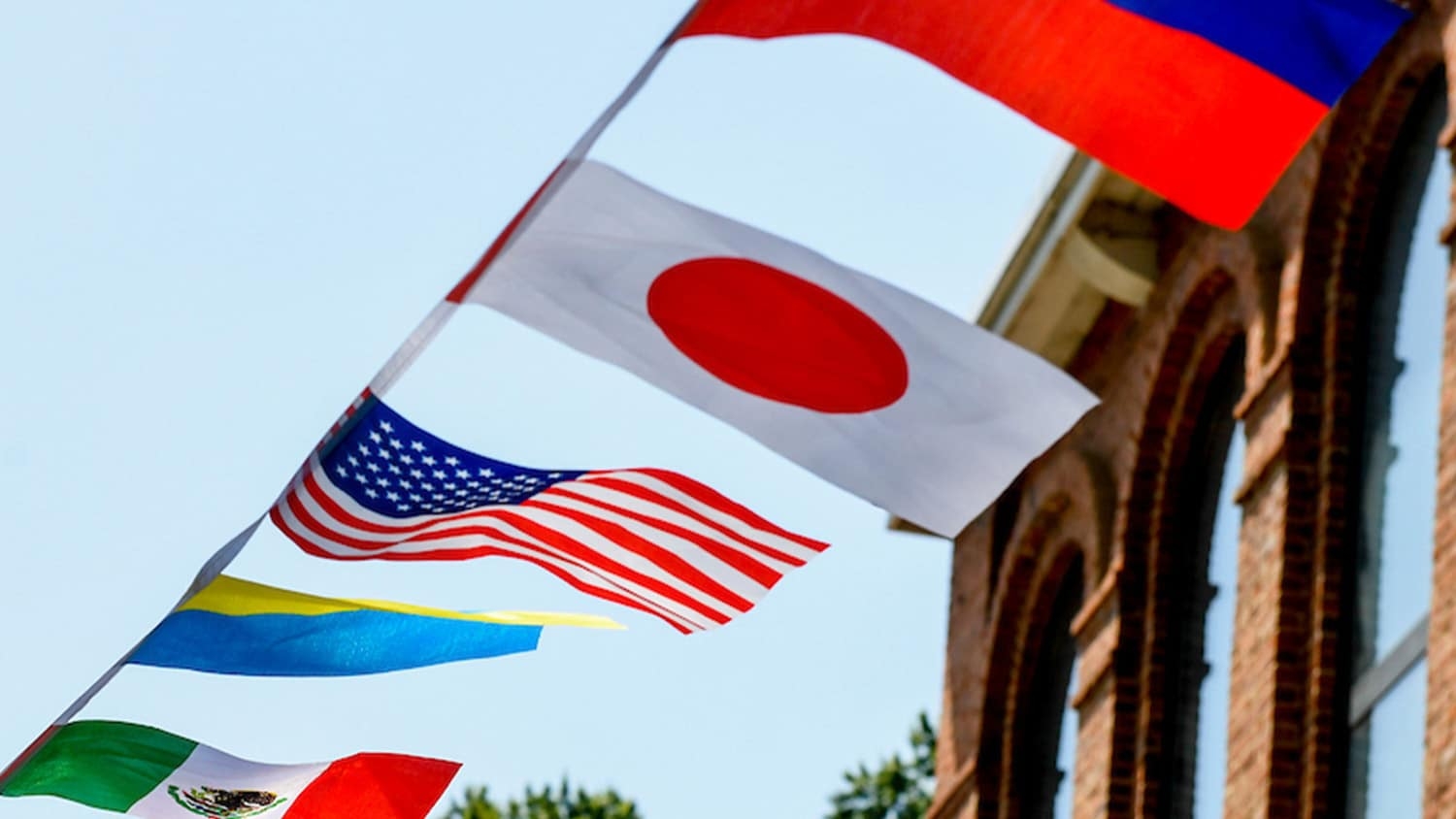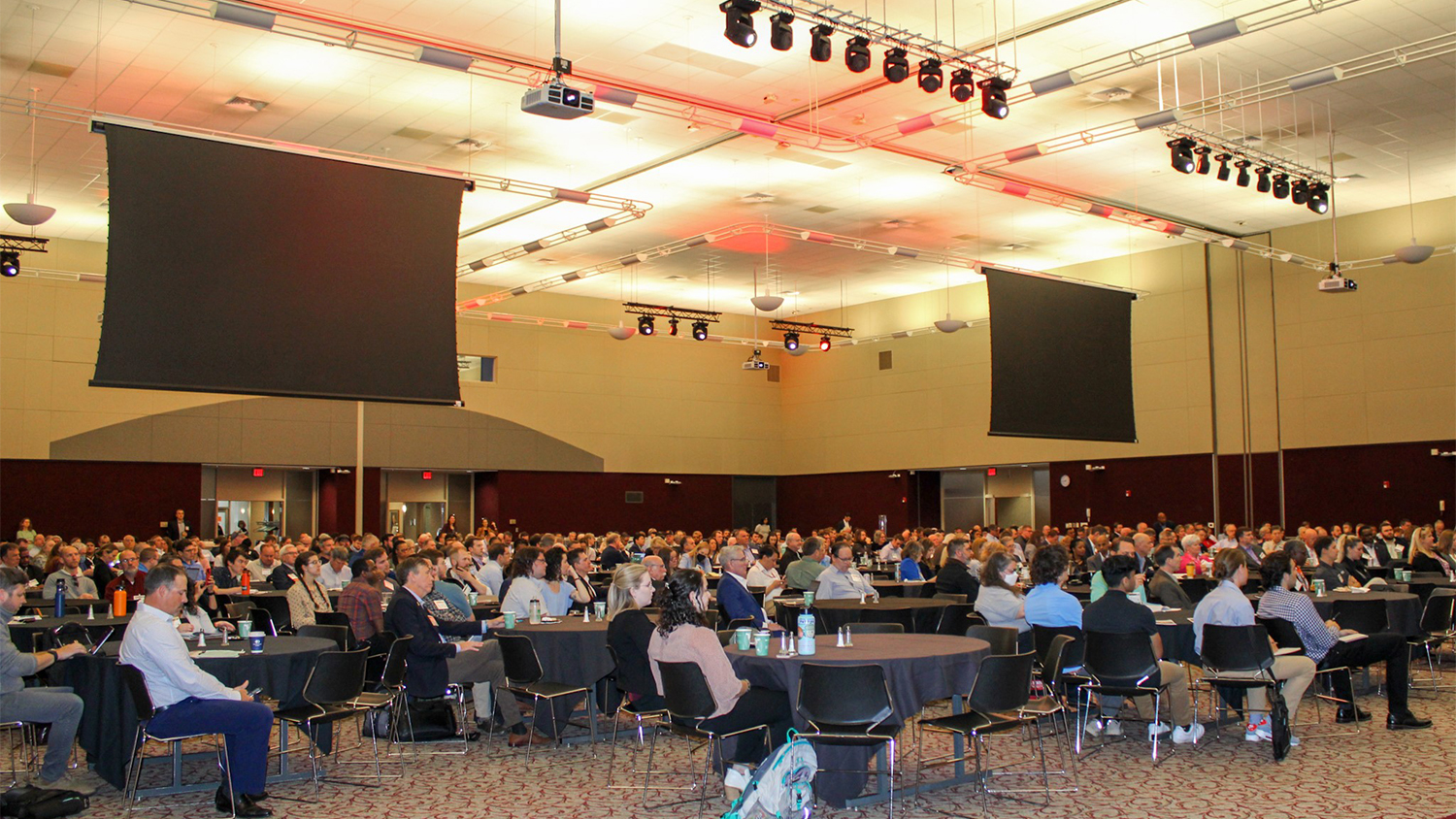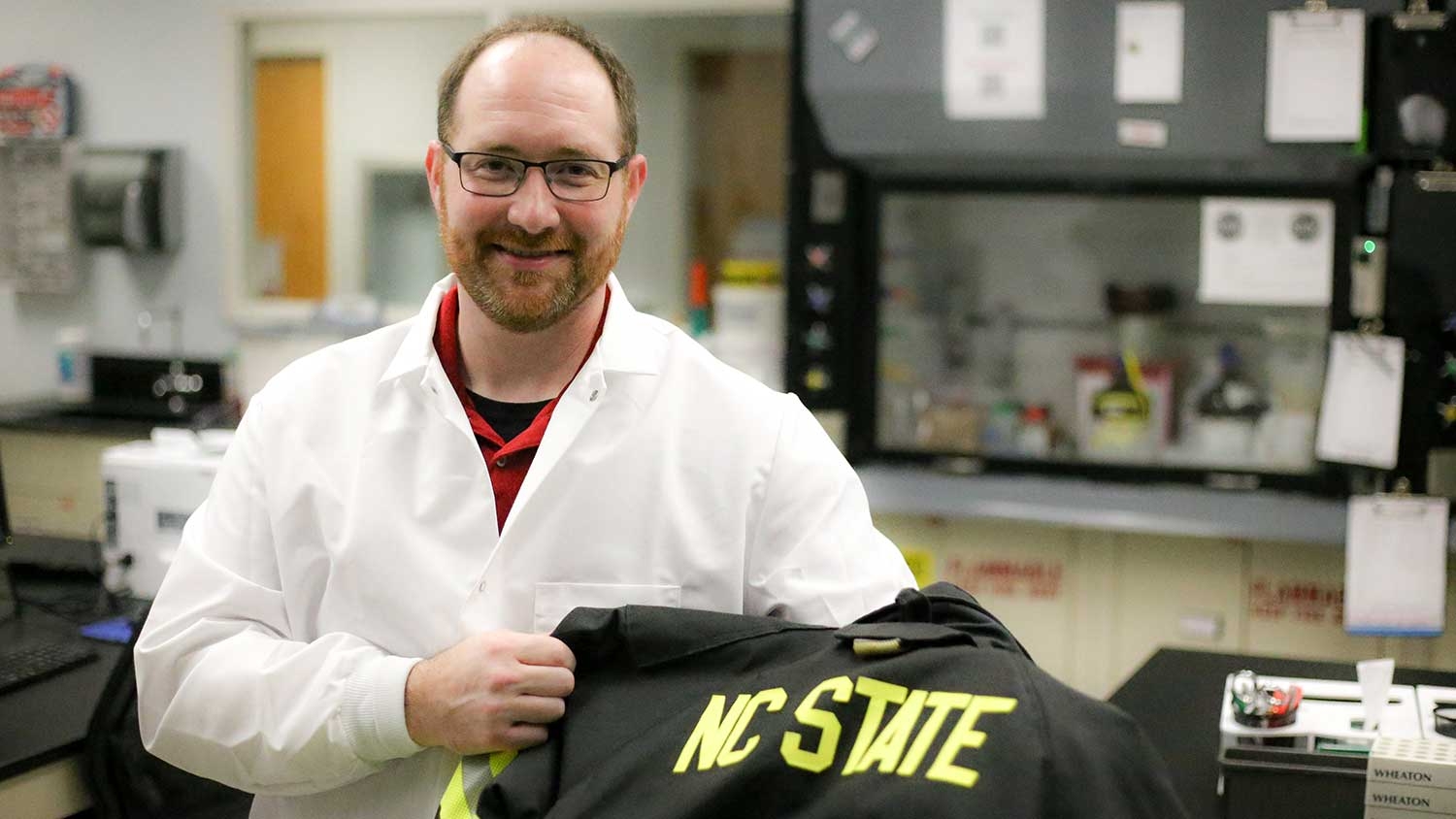Dr. Alsabbagh nominated for the 2022 Distinguished Global Alumni Award

NC State Nuclear Engineering alumnus, Dr. Ahmad Alsabbagh, is a nominee for the 2022 Distinguished Global Alumni Award. The Office of Global Engagement recognizes former international students who have used their education to distinguish themselves through outstanding achievements.
Dr. Alsabbagh is an associate professor in the Department of Nuclear Engineering at Jordan University of Science and Technology. In 2018, he was appointed as the Commissioner for Nuclear Fuel Cycle at Jordan Atomic Energy Commission (JAEC). Since 2018, he has been the head of the Jordanian Research and Training Reactor (JRTR) safety committee. He is also the Course Director for the IAEA Postgraduate Educational Course in Radiation Protection and the Safety of Radiation Sources (PGEC). He is the principal investigator (PI) for many granted research projects and has many published papers in his field. In 2021, he was appointed as the Secretary-General of the Jordan Atomic Energy Commission.

Alsabbagh received both his Master of Science (2011) and doctoral degree (2014) from NC State Department of Nuclear Engineering. His committee consisted of Dr. KL Murty, Progress Energy Distinguished Professor of Nuclear Engineering (committee chair), and members Drs. Mohamed Bourham, Jacob Eapen, and Ronald Scattergood. The dissertation was entitled “Effect of Neutron Irradiation on Mechanical Behavior of Ultra-Fine Grained Low Carbon Steel – Application to Next Generation Fission Reactor” –
Designing materials that can enhance performance and withstand extreme reactor operational conditions is a grand challenge in nuclear materials research. Irradiation induced defects result in embrittlement and hardening of reactor structural materials. Hence, the ability to mitigate the effects of radiation damage by removing in-situ radiation induced point defects is crucial to improving the mechanical properties of irradiated metals and enhancing their tailored response in irradiation environments. Ultra-fine-grained steel provides large free surface to volume ratio, acting as sinks for migrating irradiation induced point defects. Annihilation of point defects at grain boundaries leads to lower net defect concentration in the grain interior compared to coarser grained counterpart thereby limiting radiation damage effects and resulting in enhanced radiation tolerant structural materials.
In 2014, he won the American Nuclear Society (ANS) Mark Mills Award. This award is received for the best original technical paper contributing to the advancement of science and engineering related to the atomic nucleus. Since the inception of this annual award in 1959, NC State nuclear engineering alumni have been awarded this honor over ten times, the latest in 2020 and 2021.
This post was originally published in the Department of Nuclear Engineering.
- Categories:


